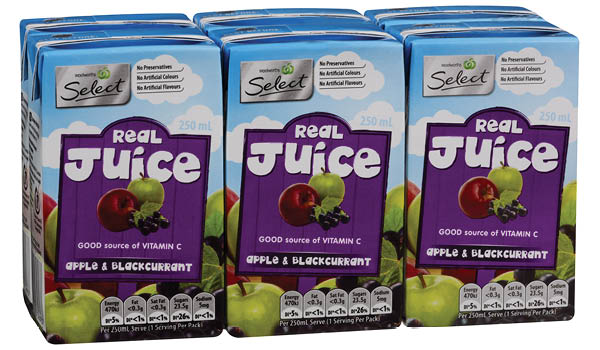The growth of store brands or private label products in supermarkets is impacting on suppliers as Coles and Woolworths push into new markets, while Nielsen said that private labels are no longer seen as simply low-cost alternatives to name brands but are increasingly high-quality products fulfilling consumer needs across a variety of price points.
A Fairfax Media report last week said that more than 30% of the bread and bakery items now sold in Australian supermarkets are private label products, followed by chilled foods, including milk and dairy, where private label has a 24.7% share of the total market.
Following a push by Coles and Woolworths into private label frozen foods in 2013, the giant retailers now hold 15.7% of that market, while private label has over 9% of the beverage market, despite the huge sales of Coca-Cola.
A confidential IRI-Aztec report on Australian grocery sales for the 2013-14 year found that private label product growth has hurt large suppliers such as Goodman Fielder, which is undergoing a takeover offer.
GF’s profit and sales were hit by Coles and Woolworths launch of 85 cent loaves of bread, while its annual supermarket sales fell 2.6% last year.
Nielsen said in November that Australia’s private-label value share is 21%, with store-brand growth (6.6%) outpacing total retail growth (2.4%) for the year ending May 2014. In New Zealand, private label value share is 13%.
“Australians are increasingly aware of prices, which is no longer a differentiator, but an expectation,” said Caroline Burgess, associate director, client service, Nielsen Australia.
“Retailers have traditionally focused on ‘me-too’ offerings rather than creating a point of difference with their brands. This is changing as more retailers have taken on the role of brand creator, providing reassurance, personality and something unique in the products they offer.
“The premium tier is particularly valuable as it allows retailers to offer items that don’t exist anywhere else. This increases their brand’s differentiation and appeal and drives store loyalty.”

